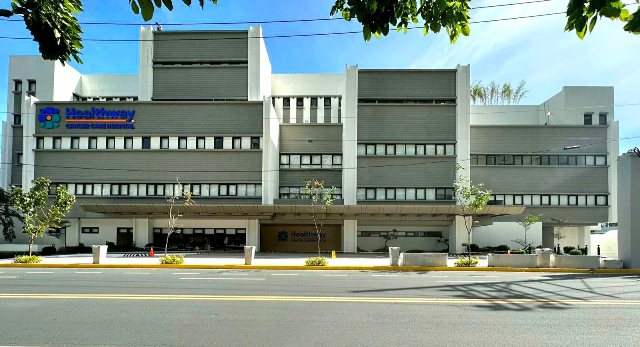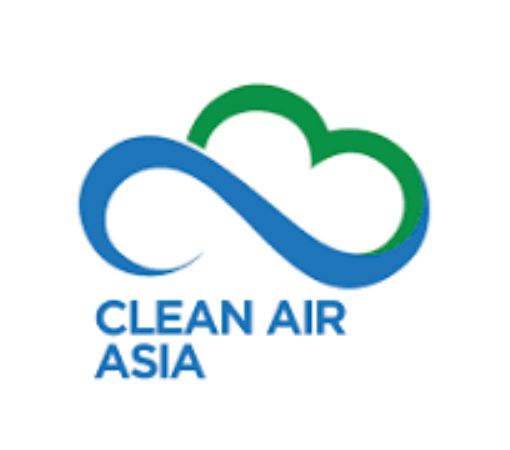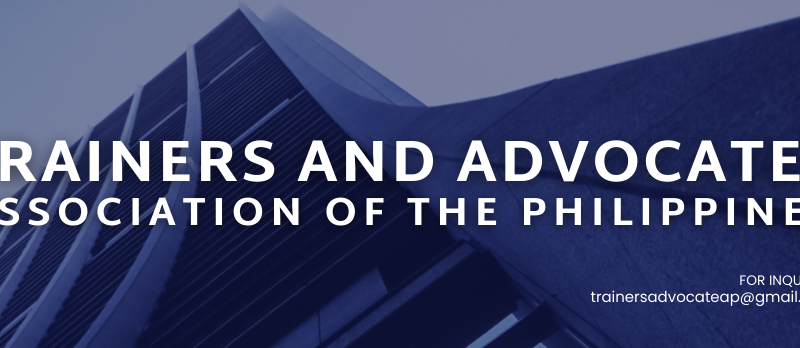SEC LOOKS TO ACCREDIT COMPANY SERVICE AGENTS

The Securities and Exchange Commission (SEC) is considering accrediting service providers and agents who may assist the public in processing applications for company or partnership registration, and other transactions with the Commission.
The SEC on December 12 released for public comment the proposed rules on the accreditation of company service providers (CSP) and company service agents (CSA) who can assist the transacting public in the registration of partnerships and corporations, as well as the filing of reportorial requirements.
The same practice is currently observed in other jurisdictions such as Singapore, whose Accounting and Corporate Regulatory Authority has institutionalized the accreditation of registered filing agents. The initiative seeks to limit and regulate a smaller filing group who will be responsible for the overall compliance of business entities in a timely manner, in order to avoid late fees and penalties.
The accreditation also seeks to help the transacting public in need of assistance from legal and financial experts on the application for registration for partnerships or domestic corporations, as well as highly technical applications.
The draft rules define a CSP as an accredited SEC-registered corporation or partnership or an entity registered with the Department of Trade and Industry in good standing that provides services such as assistance in the application for registration of a partnership, corporation, or business management consultancy, as indicated in its Articles of Partnership or Incorporation.
Meanwhile, a CSA is a natural person who may be independent or employed with a CSP, and is duly accredited by the SEC to assist in the registration of a partnership and/or all kinds of corporations, and/or other services that may be determined by the Commission. A CSP must employ an SEC-accredited CSA who will also act as its duly authorized representative.
Applications submitted and processed through CSPs or CSAs could see faster turnaround times, as accredited service providers will be given a separate lane to access the SEC Electronic Simplified Processing of Application for Registration of Company (eSPARC). Moreover, they will be deemed complete and correct, and will no longer be subjected to pre-processing by the SEC Company Registration and Monitoring Department (CRMD).
Securing accreditation
Under the proposed rules, prospective CSAs must pass an online accreditation examination designed to determine their competency in the registration proceedings for corporations and partnerships.
The accreditation exam will consist of four categories. Category A will cover the registration of partnerships or domestic corporations that are wholly Filipino-owned; with foreign stock holdings up to 40%. Category B will cover the registration of domestic corporations under Category A and domestic corporations under the Foreign Investment Act with more than 40% foreign equity, while Category C will include registrations under categories A and B, plus applications that require a secondary license.
Meanwhile, Category D will cover the licensing of foreign corporations, such as branch/representative offices and regional area headquarters/regional operating headquarters.
Those who pass all categories will be authorized to assist in the filing of reports in compliance with SEC Memorandum Circular No. 28, Series of 2020, and the submission of annual reportorial requirements.
The Certificate of Accreditation as an independent CSA or CSP shall be valid for three years following its date of issuance, renewable every three years thereafter.
All CSAs are required to undergo a continuing learning program consisting of at least 20 hours of SEC trainings/seminars as approved by the Commission within their threeyear accreditation period.
Employed CSAs who are accredited within the second year of the accreditation period of the CSP shall complete at least 15 hours of SEC training/seminars, while those who are accredited on the last year of the accreditation period of the CSP shall complete at least eight hours of SEC training/seminars.
In addition, prospective CSAs must secure registration with the Anti-Money Laundering Council (AMLC) or its equivalent, and provide an affidavit of undertaking, aside from other personal and business information.
The affidavit of undertaking must be under oath stating that the CSA shall uphold the interest of its clients to the best of his/her abilities in accordance with Republic Act No. 8799, or the Securities Regulation Code, and Republic Act No. 11232, or the Revised Corporation Code of the Philippines; undergo training that will enhance service and implementation of the laws provided by the SEC; and verify the identity of their clients either before or during the time that they start doing business with them, among others.
Once issued, the certificate of accreditation for CSAs will be valid for three years, renewable upon applying and passing another accreditation test.
Meanwhile, a partnership or corporation that intends to function as a CSP shall submit a copy of its certificate of registration and articles of incorporation/partnership; Certificate of No Derogatory Information; Certificate of Employment and/or Authorization of the CSA/s under its employ; and proof of registration with the AMLC, among others.
The certificate of accreditation of a CSP will be given once it has fully complied with all documentary requirements set by the Commission.
Violations and penalties
The SEC will randomly review the applications submitted by the CSA or CSP to ensure compliance, correctness, and completeness of the registration. Penalties will be imposed against CSAs and CSPs for errors and violations found during the post-audit review of the submitted registration documents.
CSAs and CSPs found to have submitted applications with typographical errors or lack favorable endorsement from government agencies can incur a penalty of up to P30,000 plus the revocation of their accreditation, and will only be allowed to reapply and take the examination after six months.
For errors in the primary and secondary purpose, authorized capital stock and shareholding or violation of foreign holdings and participation, the SEC will impose a fine of up to P40,000 and the revocation of accreditation, with prospect of reapplying and reexamination only after six months.
Applications found to contain violations of the RCC and other existing SEC rules, guidelines, and procedures will be fined up to P100,000 and be perpetually barred from applying for accreditation.
Further, the Commission shall require a performance bond worth P50,000 for a CSA and P100,000 for a CSP, from which valid claims, damages, or losses incurred by clients, as well as monetary penalties that the Commission may impose, will be paid.
The Commission will not provide the standard rates that may be charged by CSAs or CSPs. Instead, service providers will be required to provide a fixed table of payment or compensation which shall be ready, available and applicable to all clients.
The public may access the draft memorandum circular providing for the Accreditation of Company Service Provider and Company Registration Agent on the SEC website.
All interested parties have until December 27, 2022 to submit their comments and inputs through email at egdsalazar@sec.gov.ph and ajwflores@sec.gov.ph.
END







